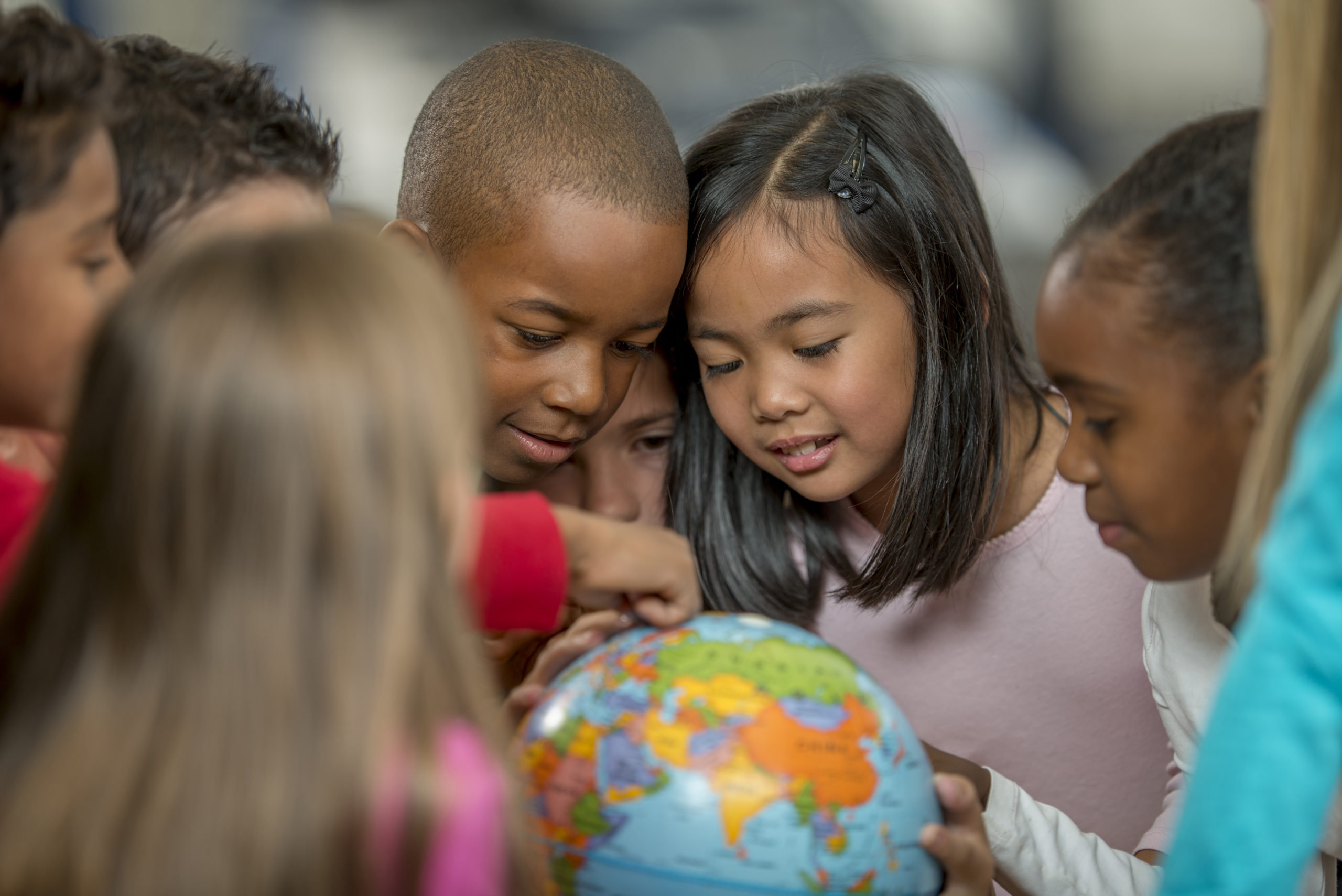Mike Magee was named the first chief executive officer of the national Chiefs for Change in August of 2015—a few months before the passage of the federal Every Student Succeeds Act ushered in a new era of state- and local-level responsibility for school accountability.
What was previously an informal group of education leaders collaborating on advancing student-focused policies became an official 501(c) (3) organization last year and added several new members, primarily from big-city school districts.
The organization’s membership now leads schools that serve a total of about 1.7 million students nationwide, and Mike, who co-founded a network of groundbreaking Rhode Island charter schools, is now overseeing Chiefs for Change’s efforts to “transform our systems…so that they serve today’s kids, and tomorrow’s.”
______
If you could take a coffee break with any chief/leader, living or dead, in any industry, who would it be, where would you go, and what would you order?
It’s not terribly original but I think it would have to be Martin Luther King, Jr. We’d go to whatever diner was around the corner. I’d order a regular coffee, cream and honey if they had it. (I don’t eat sugar but I like coffee sweet. I’m a pain in the ass that way.)
Then I’d annoy him to no end with question after question about strategy, strength, courage, rhetoric, community, idealism, with one big question behind all the small ones: “How do you decide?” How long is a coffee break? Fifteen minutes? Maybe I’d only have time for that one big question: “How do you decide?”
Talk about the mission that binds together the diverse group of education chiefs you lead. And what do you want to change about public education?
One commonality among our members is that their thinking begins with students. When they make a strategic decision they start by asking what’s best for kids and then figure out how to make it work for adults. And they do the hard work of creating a culture where everyone thinks that way, where kids are the North Star. So, the mission is to transform our systems—which in most cases were designed 50 or even 100 years ago—so that they serve today’s kids and tomorrow’s.
That means curriculum and instruction based on the best information we have about how students learn. It means taking advantage of emerging technology. It means building communities that reflect the rich diversity of America itself. And it means developing real, honest-to-goodness pathways to middle class jobs.
How does your experience creating and running a successful network of schools shape your current work?
Well, first off, I helped to create several excellent new public schools but I didn’t run them. And that’s important because my first and best lesson was that there is nothing more important than school leadership. That person you tap to lead your school—in a real way, your hopes and dreams are riding on him or her. You better choose wisely. You better be on the same page.
I think I also gained an appreciation for how difficult and complex school system improvement is. Schools exist in a tangle of federal and state law and regulation, local policy and governance, local culture, habit and politics. The best leaders are able to cut through the noise of all that, inspiring and aligning people, and ultimately policy, around a student-centered vision and mission. Chiefs for Change is a community of these leaders.
Who shaped your values and views on public education? Influenced more by your own education as a student or by your professional experience?
Many of my views were shaped in childhood. I attended many different kinds of schools in different places, including three high schools—public elementary school in North Carolina when it was more racially integrated than it had ever been before or has ever been since; Catholic school in a working-class community in New England; an elite private school; and a typical suburban public school. It made me draw distinctions, notice differences. It provoked me to think about race and class at a young age—and specifically how they impact opportunity.
My mom had been a teacher in an urban school district. She taught me what it meant to be truly focused on student learning and well-being. My dad was a doctor trained in North Carolina in the 1970s. He talked at the dinner table about the pernicious effect of racism on the quality of care African-Americans received. When I was about 15, I took an elective class on “Gandhi and King.” It changed my life. Those early experiences established my values pretty clearly. My views on how to realize those values in schools continue to evolve and many teachers, students, principals and some very courageous grassroots advocates and politicians are my trusted guides.
What are both the best education-related and totally non-education books you’ve read?
It’s a long list—I love to read! Here are the ones that have had the biggest impact on how I think about education, social justice and leadership:
Michel de Montaigne, “Essays”
Ralph Waldo Emerson, “Anti-Slavery Writing”
Frederick Douglass, “Narrative of the Life of Frederick Douglass”
John Dewey, “Democracy & Education”
Zora Neale Hurston, “Their Eyes Were Watching God”
Dubose Heyward & Marjorie Flack, “The Country Bunny and the Little Gold Shoes”
Aron Nimzowitsch, “My System”
Benjamin Graham, “The Intelligent Investor”
Ralph Ellison, “Invisible Man”
Martin Luther King, Jr., “Why We Can’t Wait”
Clifford Geertz, “The Interpretation of Cultures”
Sandra Cisneros, “The House on Mango Street”
Jay Mathews, “Escalante”
Ronyoung Kim, “Clay Walls”
Ronald Formisano, “Boston Against Busing”
William Julius Wilson, “When Work Disappears”
Max DePree, “Leadership is an Art”
Amanda Ripley, “The Smartest Kids in the World”
Todd Rose, “The End of Average”
